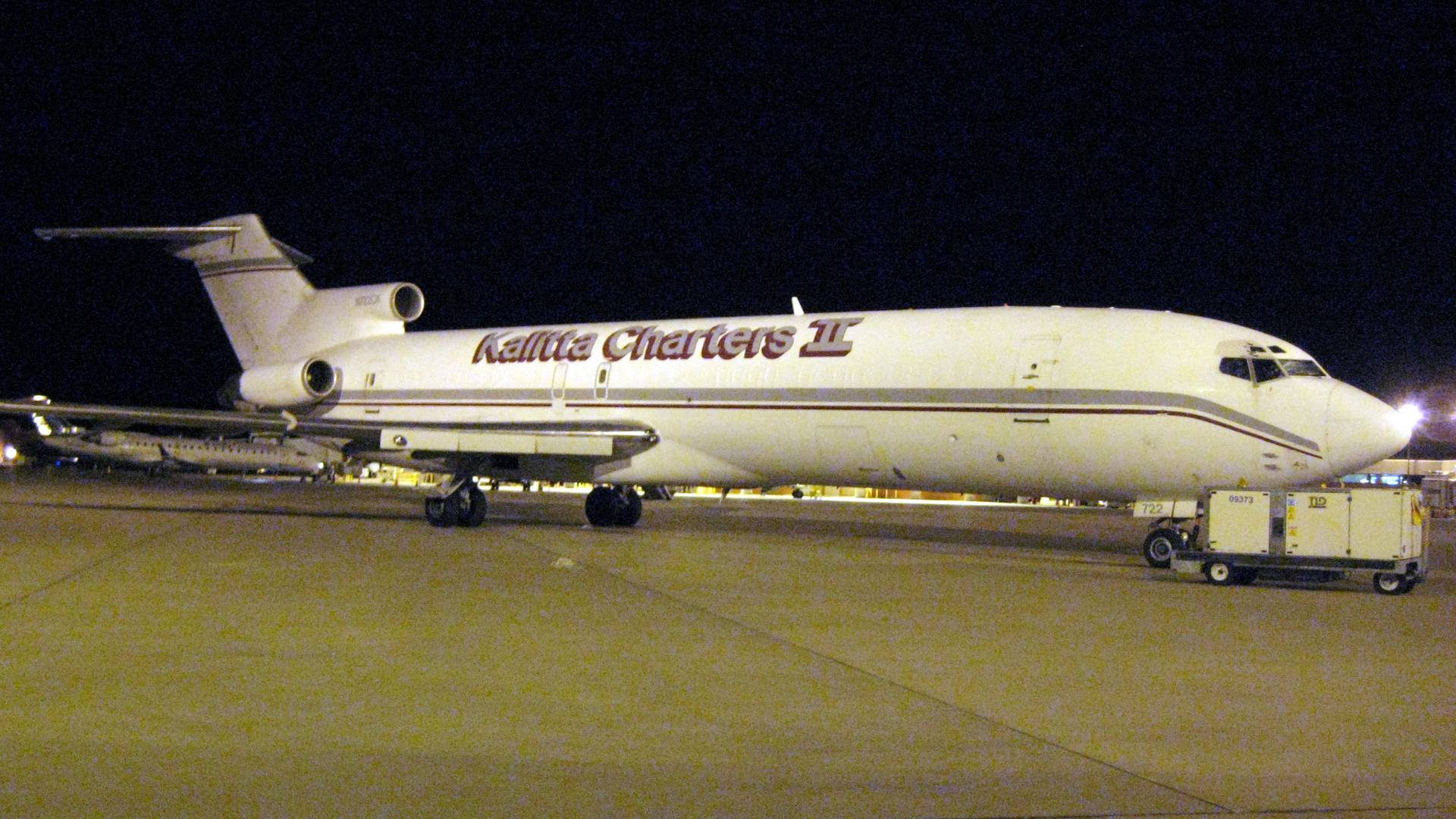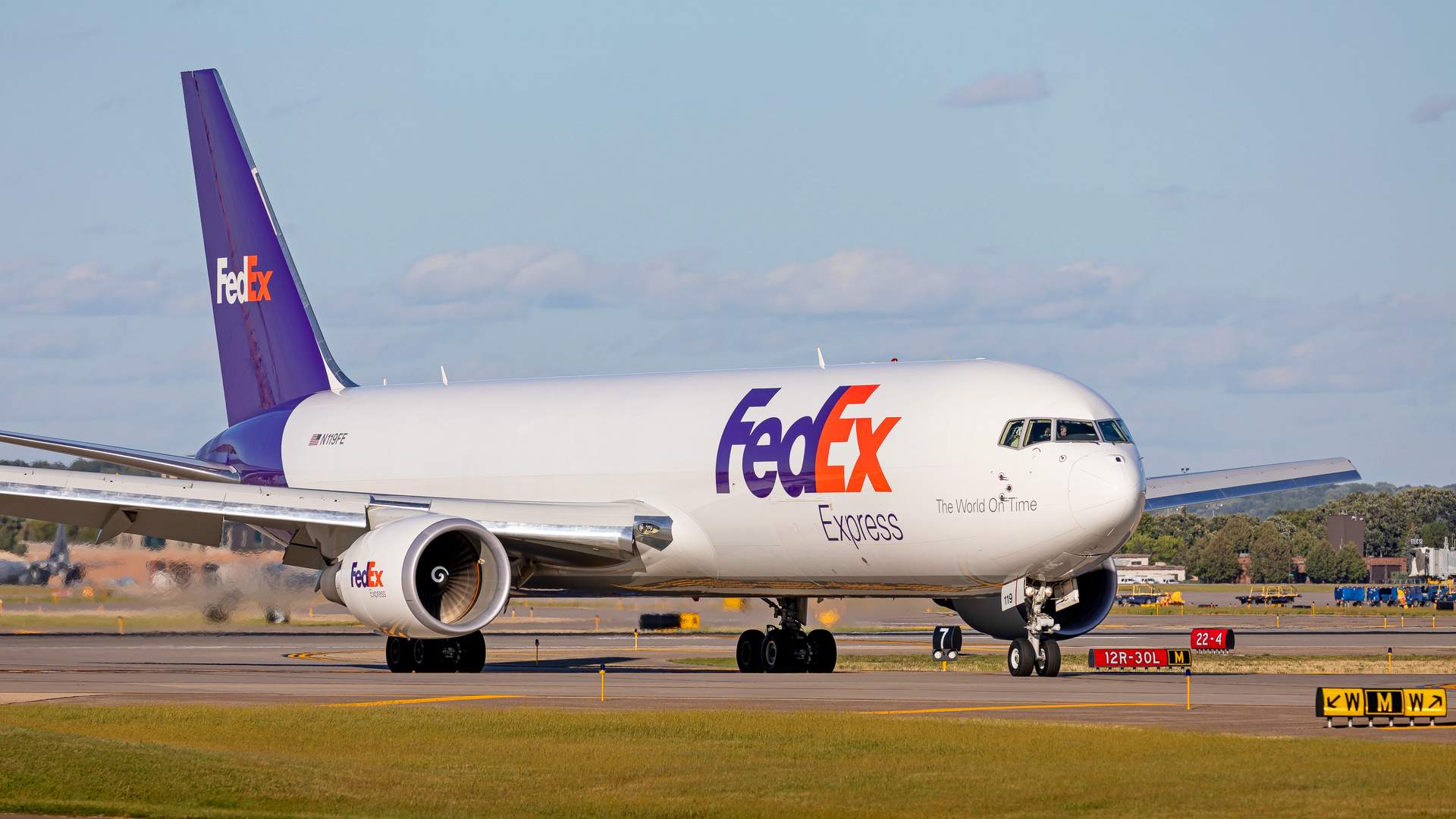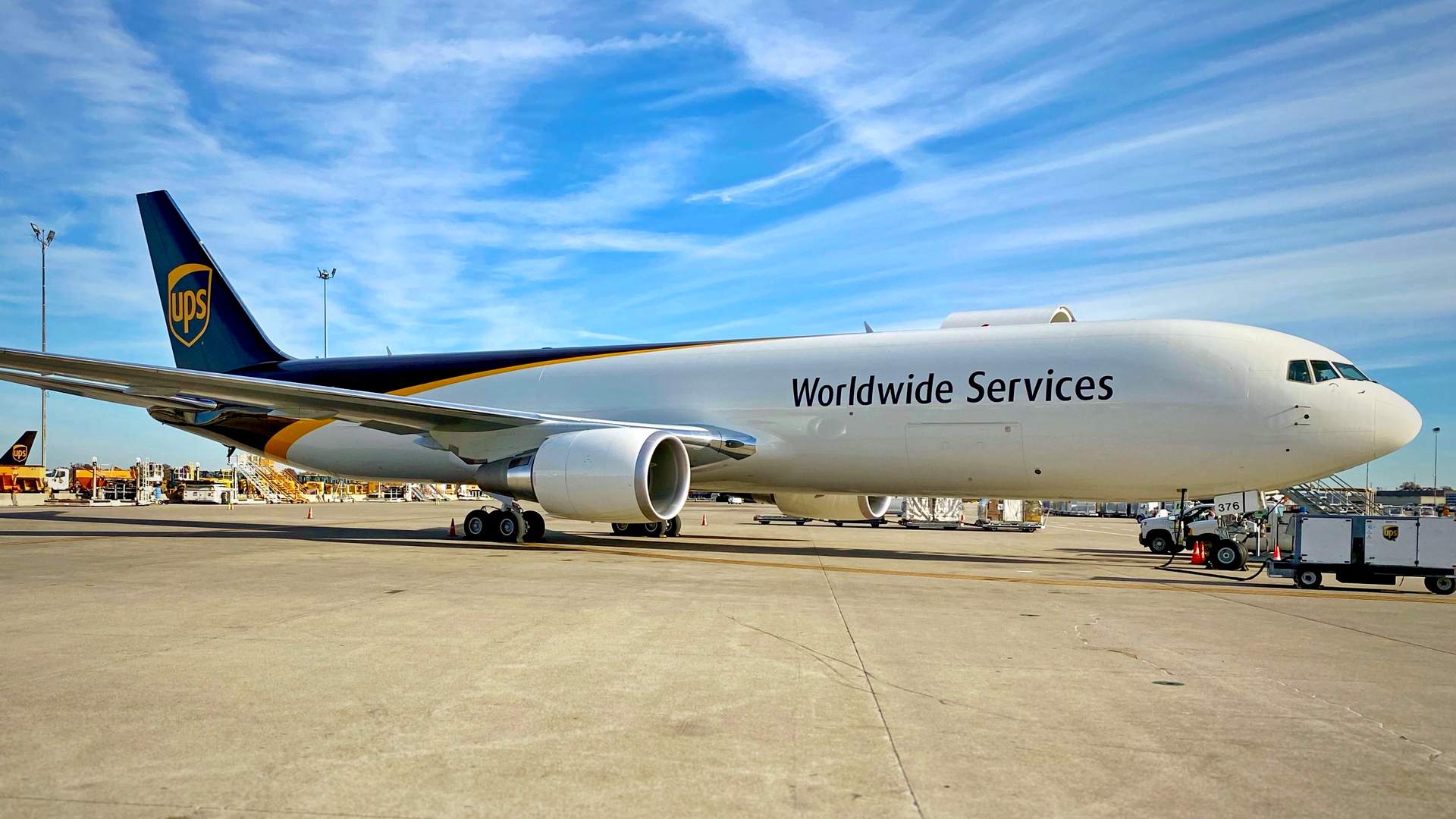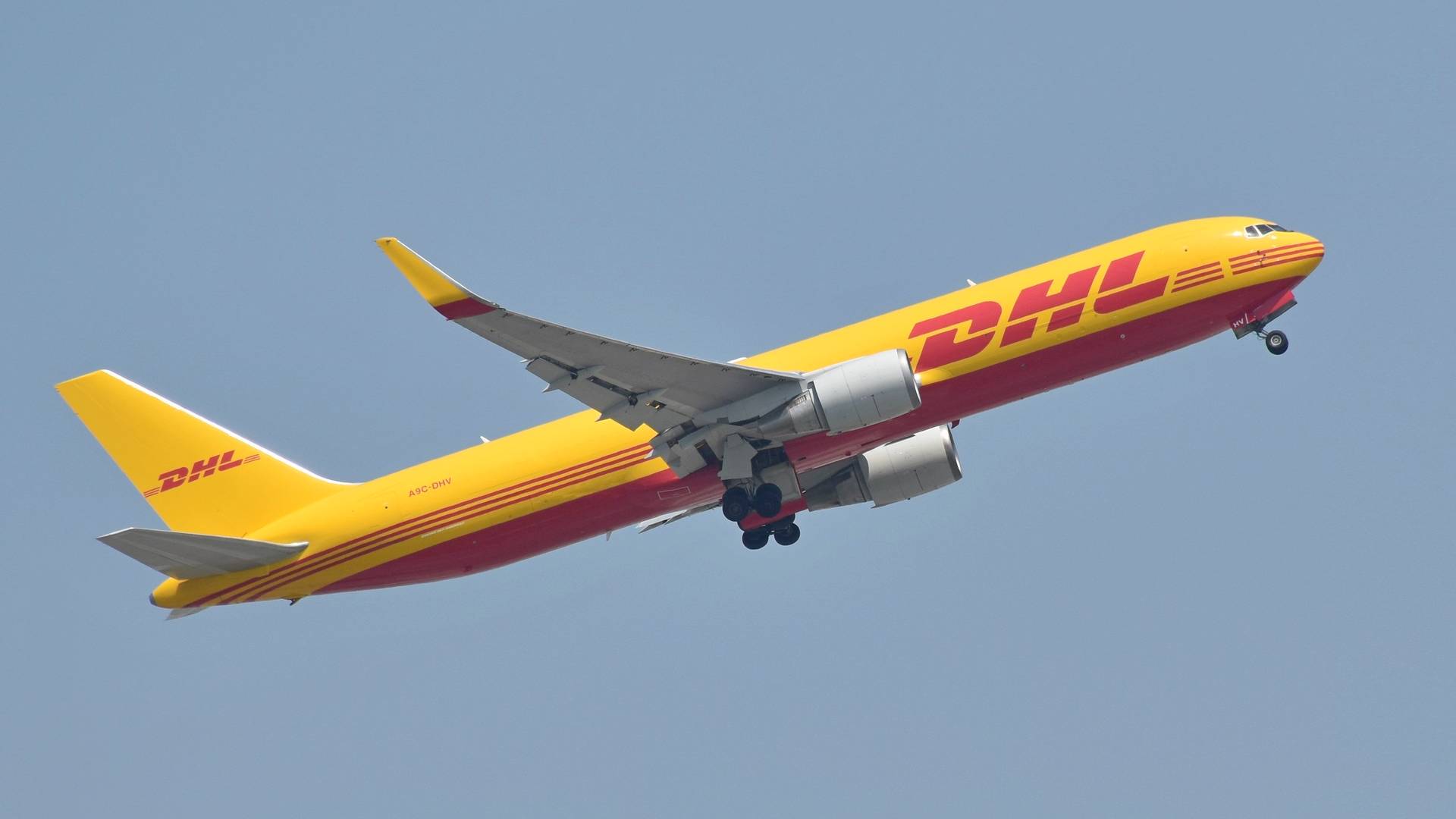A new FAA ruling poses stricter fuel efficiency standards for passenger and cargo aircraft, starting from January 2028. Who is it affecting?
This isn’t a surprising development. As far back as 2022, the FAA indicated that it intends to adopt this ICAO ruling like the aviation authorities of other countries have. The EPA formally adopted the same standards on January 11th, 2021. ICAO did so much earlier, in 2017.

The first goal of those ICAO rules was to stop some really ancient aircraft from remaining in service in other parts of the world. But separately, the rules, as adopted by the FAA, also target newly-certified aircraft, that will need to meet higher fuel efficiency standards.
In practice, all passenger airliners in production today satisfy these new rules. Plus, the rules don’t apply to aircraft already in service, except for those ancient types (e.g. 727s). But some cargo aircraft currently in production do NOT meet these new FAA fuel efficiency rules.

These jets are the current Boeing 777F and the 767F freighters. Boeing is working on a newer 777-8F, which could enter service sometime close to the new FAA fuel efficiency deadline (or soon after it). In 2022, we saw that Boeing prioritized the production of the current 777F over the 777-9 passenger jet, to fulfill the freighter’s orders before 2028.
Beyond The FAA – Fuel Efficiency Driving Next Freighter Competition?
But the smaller 767F is the “bread and butter” freighter for many operators. Boeing doesn’t have immediate plans for a successor to this aircraft, which is very popular with cargo airlines. Some of these operators could turn to passenger-to-freighter conversions of existing jets, which aren’t subject to the new rules.

As far back as September 2022, Leeham News broke that Boeing is examining the development of a 787 freighter, to replace the 767F. But bringing this aircraft to market would very likely happen after the deadline. Boeing could apply for an exemption for its 767 from the FAA fuel efficiency rules, while the 787 is under development.
But there is no guarantee that Boeing would get such an exemption. Meanwhile, Airbus doesn’t have a freighter version of the A330neo, for now at least. The older A330F didn’t sell particularly well. However, an A330neo freighter variant, better optimized for e-commerce cargo, may ultimately be in the manufacturer’s plans.

Ultimately, fuel efficiency isn’t just something that the FAA or other aviation authorities like. Fuel is the single biggest expense for the airlines. So if they’re buying new jets, cargo operators will naturally want a more efficient aircraft – if one is available.



